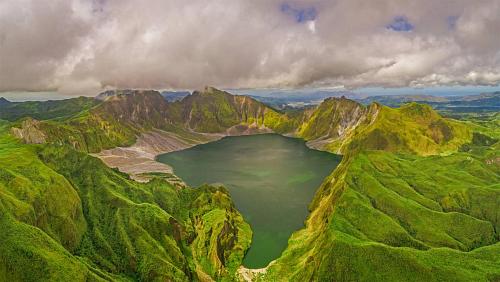Environmentalists and community members in Swaziland are expressing concerns over a proposal to build an incinerator on a farm in the country. The incinerator, which is intended to burn waste generated from the farm, has raised alarms over potential air and water pollution, as well as the impact on local wildlife and ecosystems.
Impact on Air Quality
The burning of waste in the proposed incinerator could release harmful pollutants and toxins into the air, which can have detrimental effects on human health. This includes respiratory issues, cardiovascular problems, and an increased risk of cancer.
Water Pollution
The incinerator could also pose a risk to local water sources, as pollutants from the burning waste could leach into the ground and contaminate surface and groundwater. This can have a negative impact on water quality and the health of aquatic life, as well as the communities that rely on these water sources.
Impact on Wildlife and Ecosystems
The incinerator could also disrupt local ecosystems and harm wildlife in the area. The release of pollutants into the air and water can have cascading effects on plant and animal species, potentially leading to declines in biodiversity and ecosystem health.
Community Concerns
Local communities are also voicing their concerns over the proposed incinerator, citing worries about the potential health impacts, as well as the loss of quality of life and natural beauty in the area. There are also concerns about the lack of transparency and community engagement in the decision-making process.
Call for Sustainable Alternatives
Environmentalists and community members are calling for the exploration of sustainable waste management alternatives, such as composting, recycling, and other non-incineration methods. These options not only reduce the environmental impact but also create opportunities for job creation and economic development.
Conclusion
The proposal for an incinerator on a farm in Swaziland has raised a number of environmental concerns, from air and water pollution to impacts on wildlife and ecosystems. It’s crucial for stakeholders to carefully consider these concerns and explore sustainable alternatives that prioritize environmental and community well-being.








